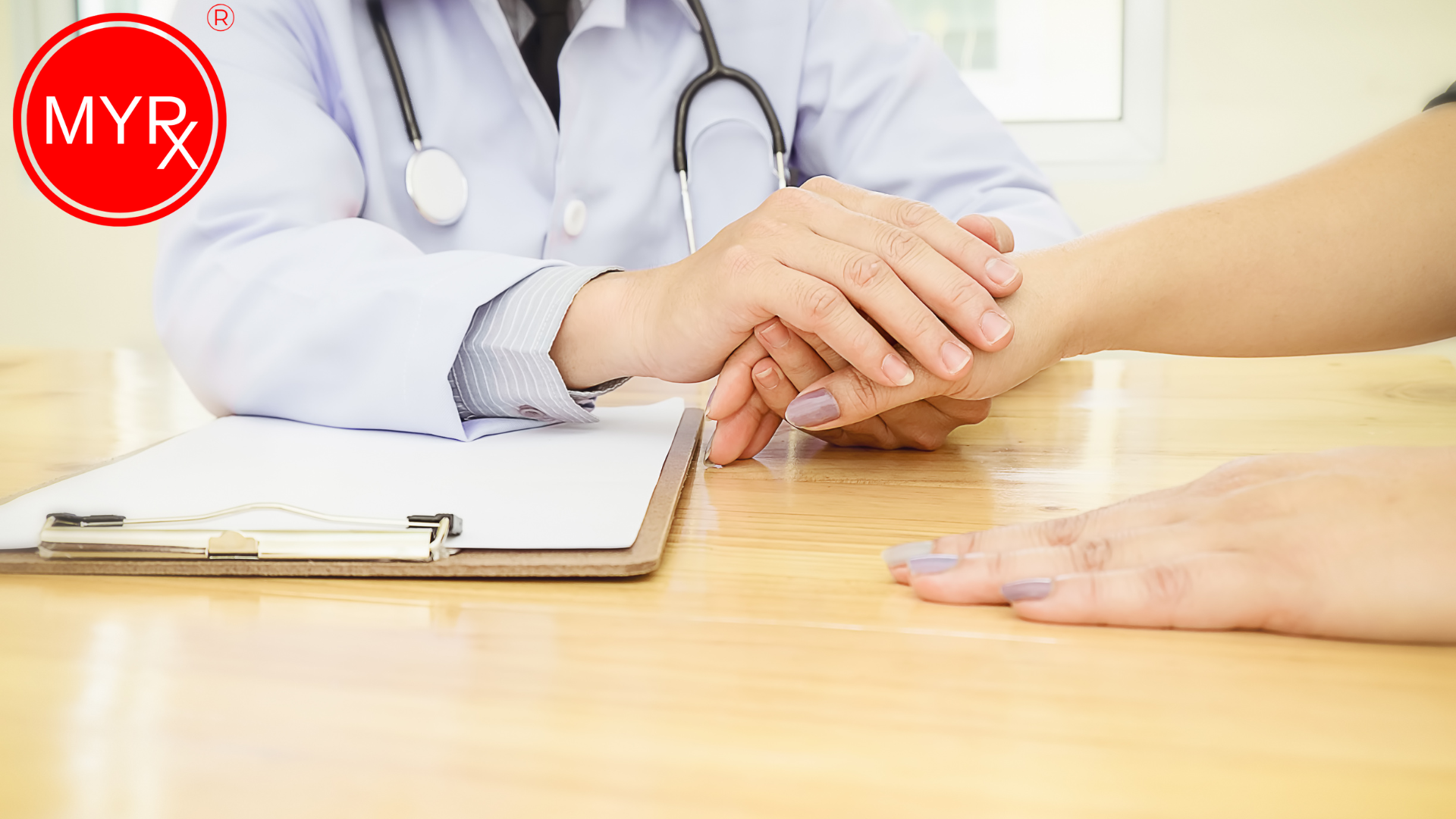
The Benefits of HIPAA-Compliant Communication Platforms for Medical Professionals
Introduction
In an era where secure communication and patient data privacy are paramount, healthcare providers must adhere to strict regulations to protect sensitive patient information. The Health Insurance Portability and Accountability Act (HIPAA) sets the standards for safeguarding patient data in the United States. This article explores the benefits of HIPAA-compliant communication platforms for medical professionals, highlighting how these platforms ensure secure and confidential communication while improving the efficiency of healthcare delivery.
Protecting Patient Privacy:
HIPAA-compliant communication platforms prioritize patient privacy by employing stringent security measures. This section discusses how these platforms encrypt communication channels, ensuring that patient data remains confidential and protected from unauthorized access. It explores the importance of maintaining HIPAA compliance to prevent data breaches and maintain patient trust in the healthcare system.
Secure Messaging for Efficient Communication:
HIPAA-compliant communication platforms offer secure messaging functionalities tailored to the needs of medical professionals. This section explores how encrypted messaging allows doctors, nurses, and other healthcare providers to communicate efficiently while adhering to privacy regulations. It highlights the benefits of secure messaging, such as real-time collaboration, quick decision-making, and reduced response times, ultimately leading to improved patient care.
Seamless Information Exchange:
Effective communication within healthcare teams relies on the ability to exchange patient information seamlessly. HIPAA-compliant communication platforms facilitate the secure sharing of patient data, including medical records, test results, and treatment plans. This section discusses how these platforms streamline information exchange, enhance care coordination, and reduce errors or delays in patient care.
Secure Telemedicine Consultations:
Telemedicine has gained significant momentum in recent years, especially in light of the COVID-19 pandemic. HIPAA-compliant communication platforms play a vital role in ensuring the security and privacy of telemedicine consultations. This section explores how these platforms enable encrypted video or audio calls, protecting the confidentiality of patient information during remote consultations. It highlights the benefits of secure telemedicine, including improved access to care, reduced travel for patients, and the ability to provide remote medical services while maintaining compliance with HIPAA regulations.
Audit Trails and Compliance Documentation:
Maintaining compliance with HIPAA requires documentation and the ability to track and monitor communication activities. HIPAA-compliant communication platforms offer features such as audit trails and logs, providing a record of communication activities. This section explains how these features help healthcare organizations demonstrate compliance with HIPAA regulations and streamline the auditing process, ensuring transparency and accountability in communication practices.
Enhanced Workflow Efficiency:
HIPAA-compliant communication platforms contribute to improved workflow efficiency within healthcare organizations. By providing a secure and centralized communication platform, medical professionals can access patient information, communicate with colleagues, and collaborate on care plans more efficiently. This section discusses how enhanced workflow efficiency leads to reduced administrative burdens, improved patient satisfaction, and increased productivity for medical professionals.
Conclusion
HIPAA-compliant communication platforms are vital tools for medical professionals, offering secure and confidential communication while ensuring compliance with privacy regulations. From protecting patient privacy to enabling efficient information exchange, secure telemedicine consultations, and streamlined workflows, these platforms offer numerous benefits for healthcare providers. By embracing HIPAA-compliant communication platforms, medical professionals can enhance patient care, maintain data security, and build patient trust in the digital age of healthcare.